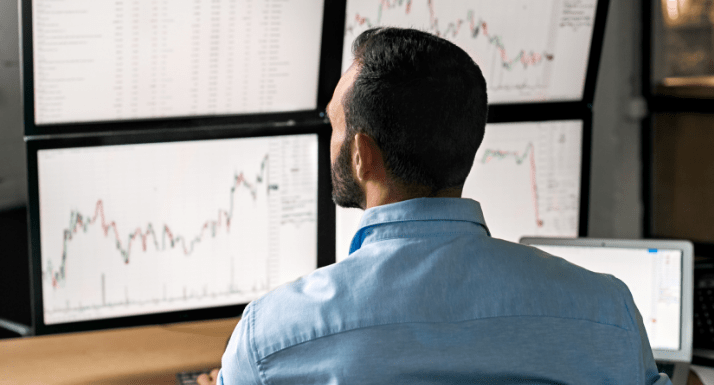ALB Limited 30.06.2020
Chart of the Day GBP/USD Fx
During the early hours of the European session, the U.K. economy released its GDP (QoQ) (Q1) and GDP (YoY) (Q1) figures which were slightly worse than expected at -2.2% versus -2.0 and -1.7% versus -1.6%. This represented the largest quarterly contraction since 1979 due to the impact of the coronavirus pandemic. UK economist, Thomas Pugh from Capital Economics, anticipates that it will take until 2022 for the U.K. to regain its pre-crisis level. With households cutting back on spending as unemployment concerns loom, the recovery process could be rather protracted. U.K. Prime minister Boris Johnson seeks to address this in a speech scheduled later today where he will unveil his £5 billion infrastructure investment to stimulate the economy. Furthermore, the uncertainty arising from Brexit is also weighing on the economy. As it is highly unlikely that any meaningful progress will be made during the summer, there is a growing fear that an agreement will not be reached by the 31st December 2020 deadline. From a technical perspective, the price is below the key moving averages across multiple timeframes. On the daily time frame, the price has closed below the swing low made on 22/06/2020 at 1.23351. With price trading within yesterday’s range, there is the expectation that the price could retest the 1.23 level before moving lower towards the projected target of 1.22, particularly if we see renewed strength come into the U.S. Dollar on the premise as a haven. Therefore, if the sentiment remains bearish in terms of the recovery process, investors will most likely flock to the U.S. Dollar, Gold, and other haven assets which will in turn add further downward pressure on the British Pound and other currencies.














